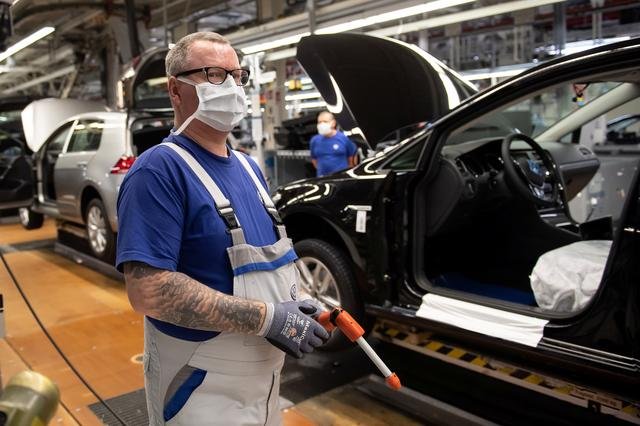Inside the industry: The terrible truth about car factories

Automotive manufacturing doesn’t often get the headlines, but the sheer scale of it, and the economies it drives globally, explains why affected governments tend to place it near the top of any priority list.
According to the European Automobile Manufacturers Association (ACEA), there are 298 automotive assembly and engine-production plants in Europe. Of those, 142 make passenger cars, 28 light-commercial vehicles, 58 heavy-duty vehicles, 58 buses and 71 assemble engines, with some plants producing a mixed output. Germany has the most, with 42 factories, while France has 31 and Italy 23. Outside the EU, Russia has 31 plants, the UK 30 and Turkey 17.
Across Europe’s wider automotive manufacturing spectrum an estimated 3.5 million people are employed, with data suggesting that within the EU automotive accounts for 11% of all manufacturing jobs. Add in employment from retail and additional operations and that figure rises to 13.8m employed directly and indirectly, with automotive thereby making up 6.1% of all EU jobs. Big stuff.
This importance is both a blessing and a curse. These factories need to keep running at close to capacity to make economic sense, and that means cars need to keep rolling out of them come what may, even if there aren’t enough customers. The horrible truth is that even in non-Covid times there are too many factories for the number of customers. It’s why there’s always room for a haggle, and why many cars end up being self-registered each month to be sold on at a discount at a later date. Big it may be, but automotive has evolved poorly: supply outstrips demand.
Why not shut some factories? This age-old question is hampered chiefly by the challenges of manufacturers working to their own competitive agendas rather than a collective greater good, and – perhaps even more so these days – the industry’s importance as outlined above. Mooted automotive job cuts quickly come under the spotlights of governments and unions, the former willing to offer incentives to keep them open, the latter holding enough sway in some countries to kibosh any closure plans, no matter the economic logic.
For the foreseeable future many factories are running well below capacity. Social distancing protocols and a reluctance to build unordered cars are front of mind, with the bitter pill of potential losses made easier to swallow by government support schemes. But what happens when that support ends and a global recession means fewer people still are buying cars?
The pressure for closures will be applied again – and this time around the economically stressed governments won’t be in a position to respond, nor the unions able to justify holding their line. Painfully, but perhaps necessarily, the cuts may come.
